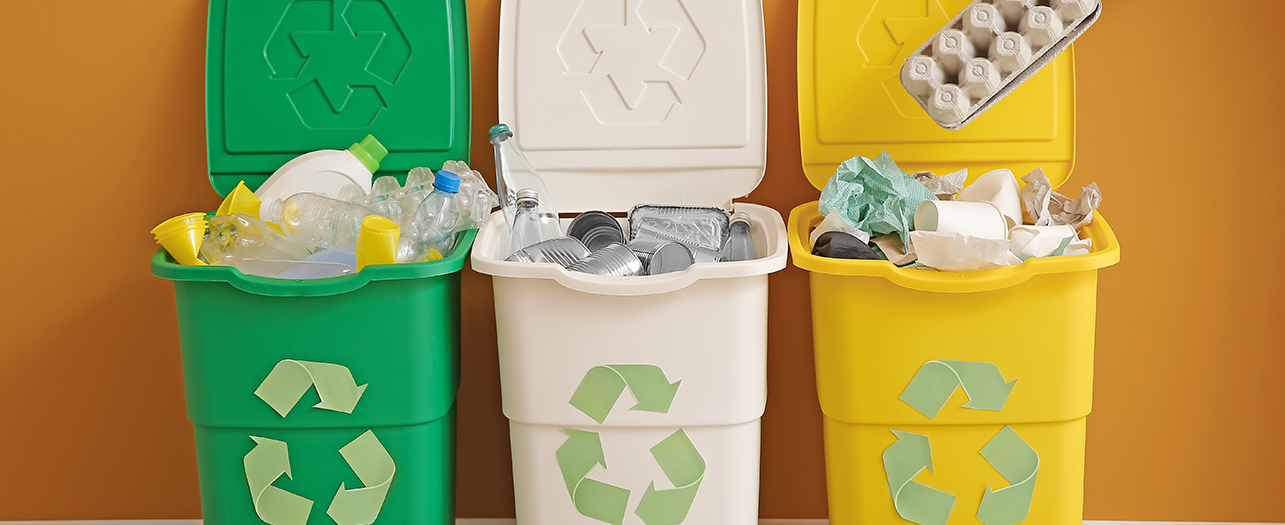Recycling is easy to talk about, but harder to act on. For businesses that get it right, recycling is not just green messaging. It is a practical, measurable way to cut costs, open new revenue streams, and make operations simpler. Small changes in sorting and equipment can produce steady financial gains.
Reduce Disposal And Transport Costs
Sending less to landfill saves real money. When materials are separated at the point of generation and compacted or baled, collection becomes less frequent and hauling fees fall. That is especially true for high-volume sites such as restaurants, hotels, warehouses and light manufacturing plants. A single well organised feed of cardboard or plastic can reduce trucks on the road, and that lowers fuel and labour bills.
Convert Waste Into Revenue
Some waste has value. Clean cardboard, scrap metal, certain plastics and glass are commodities. When businesses avoid contamination and collect these materials properly they can sell them or feed them back into their own processes. For many firms this turns an expense into a small, reliable income stream.
Save Energy and Lower Raw Material Costs
Using recycled feedstock reduces the need for virgin materials. The energy required to make products from recycled aluminium or recycled paper is far lower than making them from scratch. That reduces upstream exposure to commodity price swings, and it also shrinks the lifecycle carbon footprint of products. For manufacturers this can be a real competitive advantage when buyers prefer low carbon suppliers.
Support Local Jobs and The Economy
Recycling creates local work in collection, sorting and processing. Those jobs are often more labor intensive than landfill disposal, so they increase local employment and economic activity. That matters for companies that want to support communities where they operate, and it can also strengthen local supply chains for recycled inputs.
Improve Operations And Safety
Cluttered waste areas slow teams down and create hazards. Clear sorting stations, frequent pickups for regulated streams, and the right equipment keep operations moving. On-site compactors and balers reduce manual handling and free up staff time for higher value tasks. Good bin placement and labeling avoid mistakes and speed cleanup.
Boost Brand Value And Compliance
Customers notice visible, consistent recycling. Colour coded bins, clear labels and tidy collection points make sustainability feel real to visitors and staff. Better waste reporting also helps companies meet regulatory requirements and demonstrates progress to customers and investors.
Practical Steps That Pay Back
- Run a short audit to identify the biggest waste streams.
- Start by segregating high-value materials at source.
- Use compaction or baling where volumes justify the investment.
- Partner with reputable processors so materials keep value.
- Measure volumes, costs and any income to show payback.
Choose The Right Partner
Equipment quality matters. POWER Bear supplies a range of world class recycling solutions designed for business use. Options include customizable designer bins with colour coding and labeling to suit your site, and heavy duty galvanized steel bins built for long service. The right combination of products and training makes it far easier to keep recyclables clean and to turn them into value.
Conclusion
Recycling is not a charity line on a sustainability report. For many businesses it is a pragmatic, cost effective strategy. With a clear plan, modest investment in equipment, and a dependable partner, companies can cut disposal costs, recover value, and strengthen operations. Treating waste as a resource pays real dividends.



